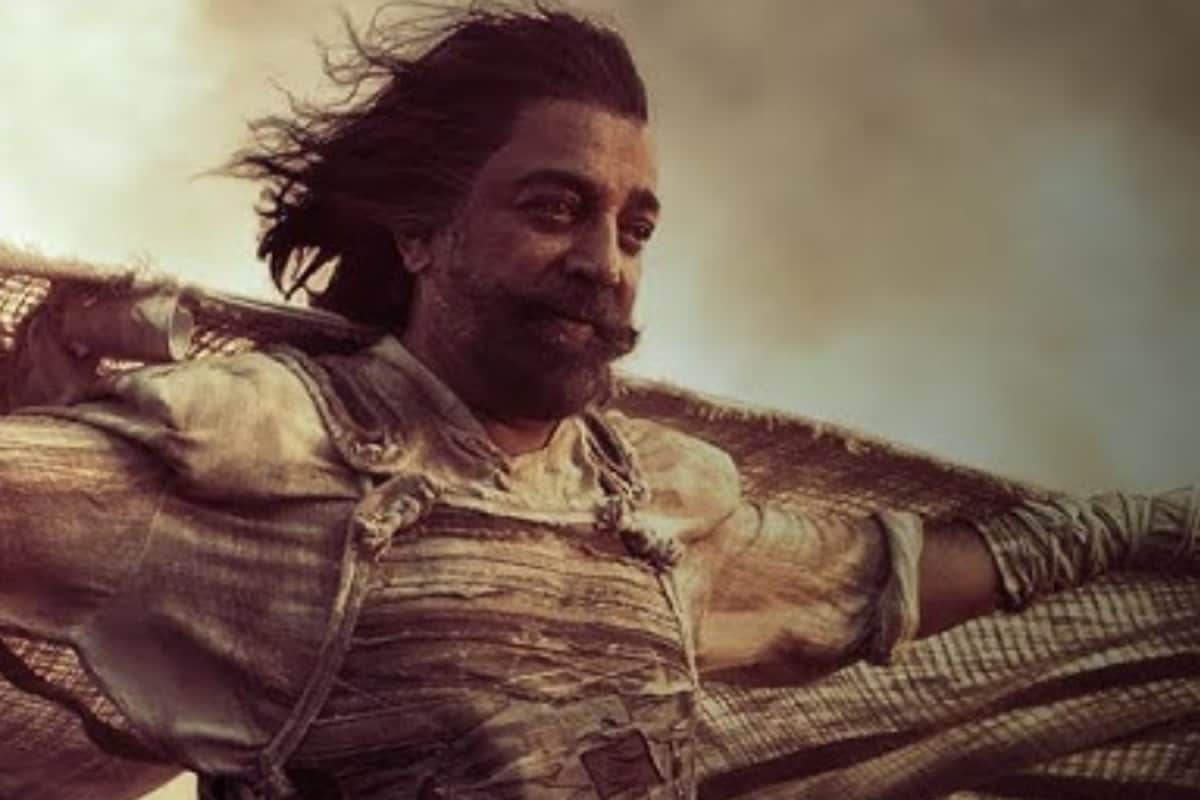

The Supreme Court has recently taken a firm stance against the Karnataka High Court concerning the de facto ban on Kamal Haasan's film, "Thug Life," highlighting the critical importance of upholding freedom of expression and preventing mob rule. The issue arose after protests and threats of violence erupted in Karnataka following remarks made by Kamal Haasan regarding the Kannada language at an audio launch event in Chennai on May 24, 2025. These protests prompted the Karnataka Film Chamber of Commerce (KFCC) to bar the screening of "Thug Life," despite the film possessing certification from the Central Board of Film Certification (CBFC).
A petition was subsequently filed in the Supreme Court by M. Mahesh Reddy, challenging what was termed an "extra-judicial ban" on the film. The petition argued that the film was being prevented from release due to threats and intimidation from extremist elements, thereby violating constitutional rights, including the right to free speech and expression. The petitioner's advocate, Athenam Velan, emphasized that the Karnataka High Court had distressingly appeared to prioritize appeasement in its proceedings, rather than ensuring the protection of fundamental rights.
The Supreme Court bench, led by Justice PK Mishra, took a serious view of the matter, issuing a notice to the Karnataka government seeking a response to the petition. The court underscored the urgency of the situation, particularly the alleged failure of the state government to maintain law and order and protect constitutional freedoms. The court has scheduled a hearing for today, June 17, to further address the issues raised in the petition.
During the proceedings, the petitioner's counsel argued that the state government had "completely capitulated" to fringe elements, allowing them to dictate whether a certified film could be screened. The petition also highlighted that the "unconstitutional extra-judicial ban" stemmed from a deliberate campaign of terror and incitement to violence, targeting linguistic minorities and threatening a repeat of past anti-Tamil riots. It was pointed out that instead of directing the state to stop the illegal threats and protect the film’s exhibition, the High Court had focused on whether Kamal Haasan should apologize to those intimidating him.
The Supreme Court's intervention is rooted in the principle that a film certified by the CBFC should be allowed to be screened without obstruction. The apex court's notice to the Karnataka government reflects a concern that the state's inaction could set a dangerous precedent, allowing fringe elements to effectively censor artistic expression through intimidation and threats. The court's firm stance sends a strong message that the rule of law must prevail, and that constitutional rights cannot be held hostage by mob vigilantism. The outcome of today’s hearing is eagerly awaited, with expectations that the Supreme Court will take decisive steps to ensure the film’s release and safeguard the principles of free speech and expression.